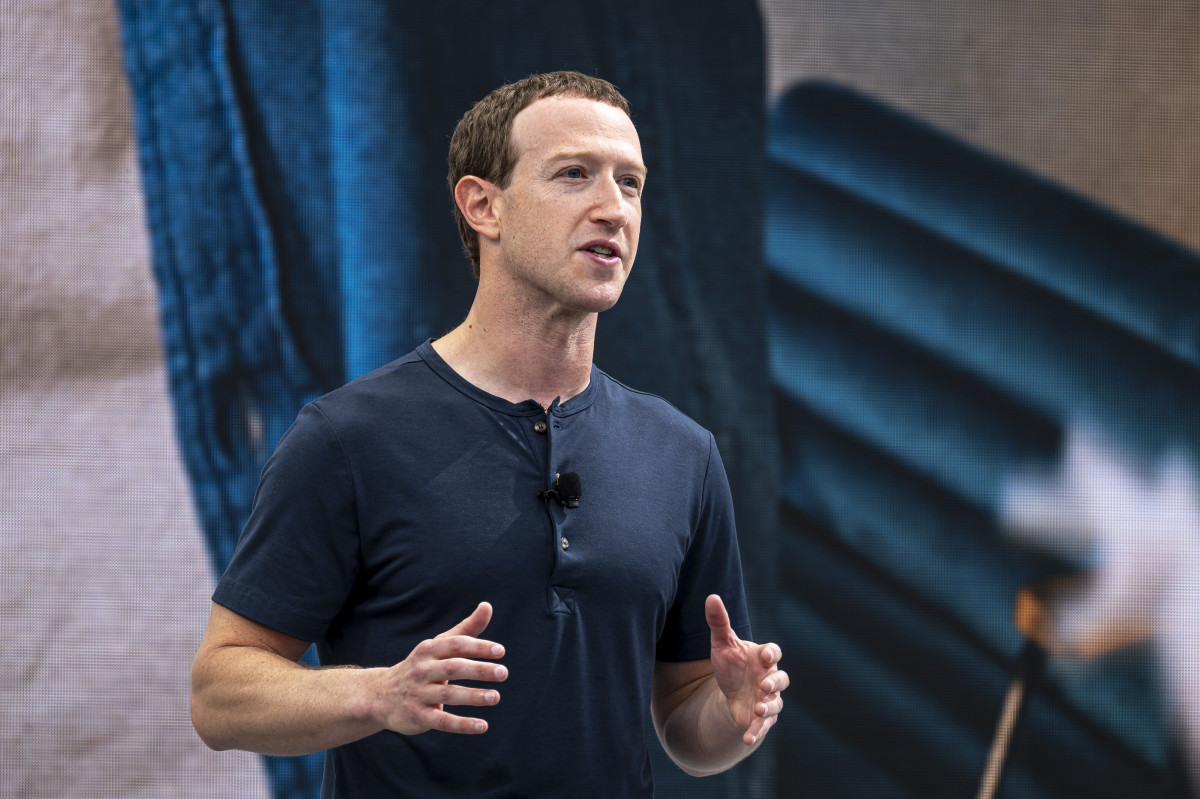
Meta (META) -), the parent conglomerate behind popular social media platforms Facebook and Instagram, said in 2021 that algorithmic personalization is "the not-so-secret sauce" that makes its platforms more meaningful to its users. Unique news feeds, loaded with content each user wants to see, complete with ads each user will find interesting, is better, the social media giant argued, for everyone involved, from potential customers to the small businesses that rely on digital marketing to stay afloat.
A few months later, data scientist Frances Haugen became the Facebook whistleblower, revealing that Meta designed its algorithms to incentivize divisive content in a play to keep people on the platform longer, consuming more of those personalized ads.
Related: As concerns over data privacy abound, Vero is doing social media a little differently
Several years on and bogged down in privacy-based European Union regulatory efforts, Meta has proposed an ad-free subscription option where users could choose to fund a paywall to prevent personalized ads.
The proposal, according to the Wall Street Journal, would cost European users $14 a month on mobile and $10.50 a month on desktop. Meta has presented this proposal to regulators in Ireland, Brussels and the EU.
Read TheStreet's artificial intelligence stories:
- Even regulation won't stop data scraping from AI companies, Quivr founder warns
- Experts explain the issues with Elon Musk's AI safety plan
- US expert warns of one overlooked AI risk
“Meta believes in the value of free services which are supported by personalized ads. However, we continue to explore options to ensure we comply with evolving regulatory requirements. We have nothing further to share at this time,” a Meta spokesperson told CNBC.
Meta was fined $414 million by Ireland's Data Privacy Commissioner in January for violating privacy law by not garnering sufficient consent from users before processing their data to show them personalized ads. Part of this new proposal, which could come online in the coming months, would involve the clear consent of those users choosing to remain with the ad-riddled, free version.
According to a 2021 poll conducted by Global Witness, 57% of people would rather not be subject to personalized ads.
Though a similar service remains unlikely in the U.S., which does not have EU-equivalent privacy laws, Meta rolled out a verification service called Meta Verified in February. The service costs mobile users $15 a month, granting users a blue verification badge.
Action Alerts PLUS offers expert portfolio guidance to help you make informed investing decisions. Sign up now.







